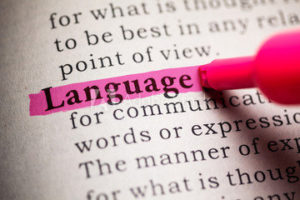
An accurate and timely message: Many of the government abuses that George Orwell so accurately described turn out to have been accurate predictions as well.
Not merely the validity of experience, but the very existence of external reality was tacitly denied by their philosophy. The heresy of heresies was common sense.
Who controls the past controls the future. Who controls the present controls the past.
George Orwell














